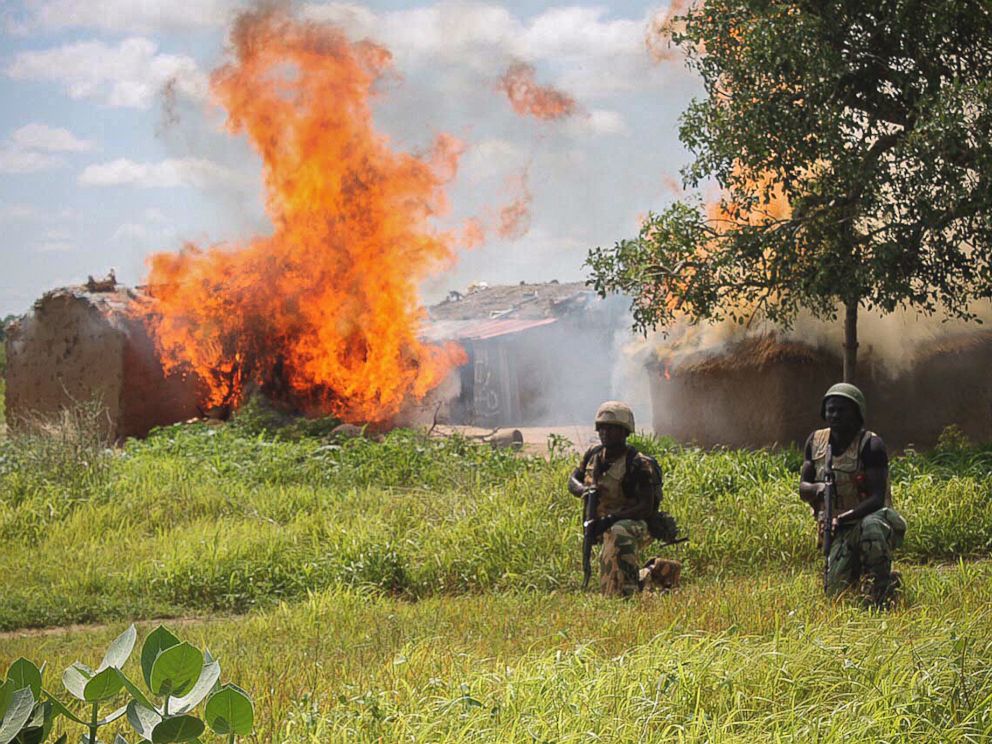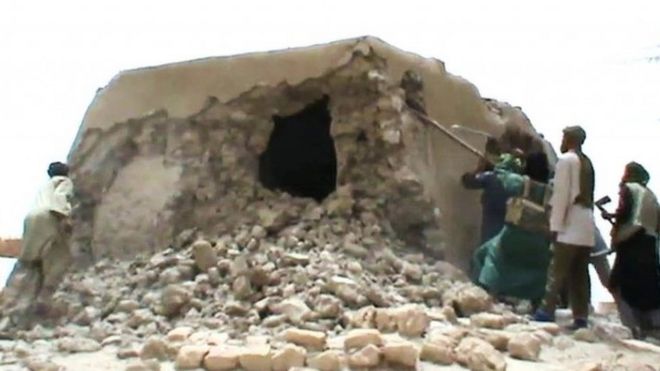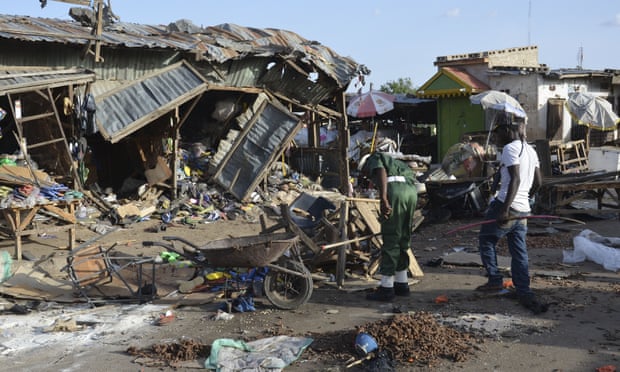By Tyler Campbell
Impunity Watch Reporter, Africa
YAOUNDE, Cameroon – Today, at the request of the Cameroon government, the U.S. has promised to deploy 300 troops to aid in the fight against Islamist militant group, Boko Haram. The troops will be there to conduct intelligence, surveillance and reconnaissance missions, but should not be expected to engage in any live combat.

President Barack Obama announced his decision today in a War Powers Act notification letter addressed to the U.S. Congress. This letter not only told congress of plans to send troops to Cameroon but also informed them that 90 military personnel had arrived as of Oct. 12. The non-aggressive nature of these troops was stressed by assuring congress that they were only armed for personal for security and not for any offensive combat.
Once the full 300 troops arrives they will be providing a multi-nation task force, made up of troops from Nigeria, Niger, Cameroon, Chad and Benin, with information from airborne intelligence, surveillance and reconnaissance. There is no set time frame on how long these supporting troops are supposed to be in Cameroon. President Obama stated in his letter that, “they will remain in Cameroon until their support is no longer needed.”
The White House later commented that this decision was not prompted by any change in the assessment of threats in the region. It is notable that since Nigerian forces began having success fighting Boko Haram, the threat has spread out into neighboring countries and has taken on more guerilla style tactics. Although no change has been made to the threat assessment from the U.S.’s stand point, Boko Haram has certainly spread out of Nigeria in recent months and become more dangerous to the surrounding area.
In the last two weeks Boko Haram has claimed responsibility for multiple suicide bombings in Nigeria and neighboring countries. On Oct. 10, three suicide bombings went off in Chad and left 41 dead. The very next day, two suicide bombings took place in Cameroon and left 9 dead and 21 injured.
This is not the first time in recent memory that the U.S. has sent troops to help in the fight against Boko Haram. Last year, Boko Haram kidnapped nearly 300 Nigerian girls from their school during a raid. At that time the U.S. sent 80 troops with drone surveillance equipment to help search for the missing girls. Sadly many of them where never found. Time will tell if these 300 troops are able to be more assistance against Boko Haram.
For more information, please see:
ABC News – US Deploying 300 Troops to Cameroon to Help Fight Boko Haram – 14 Oct. 2015
France 24 – US to send 300 troops to aid fight against Boko Haram – 14 Oct. 2015
The Hill – Obama pledges more troops to fight Boko Haram – 14 Oct. 2015
The Guardian – Obama to deploy 300 US troops to Cameroon to fight Boko Haram – 14 Oct. 2015


